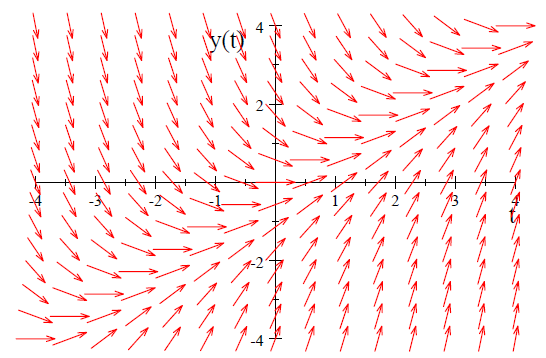Mathematics for Economists II

Learning Outcomes
Mathematics for Economists II, is a course aiming at introducing students to basic mathematical concepts, linking them to sets of economic exercises that relate to real problems faced by economists. In this sense, the course forms the basis for the specific methodologies developed in individual curriculum courses (e.g. macroeconomics, microeconomics).
By the end of this course the student will be able to:
- Knowledge
- Understand basic mathematical theory (concepts, theorems, proofs)
- Recognize the theory-related mathematical formulas and describe how to solve them
- Skills
- Distinguish the different cases of mathematical problems and explain their use in relation to the mathematical problem posed
- Calculate basic mathematical concepts (e.g. maximization of a function, partial derivative calculation)
- Specific skills
- Combine mathematical theory with economic problems
- Rebuild the economic problem (e.g. Maximize profit in a perfectly competitive market) and explain the solution
- Be able to evaluate, compare and support the solution.
Course Contents
- Functions of several variables: limits, continuity, partial derivatives,
- Differentiation,
- Maxima & minina, Lagrange multipliers,
- Difference equations, including: linear first order, second order with constant coefficients
- Introduction to linear algebra (matrix properties, matrix inversion) & linear systems, elasticity, partial elasticities,
- Economic applications
Teaching Activities
Lectures (4 hours per week) and Tutorials (2 hours per week x 13 weeks)
Teaching Organization
|
Activity |
Semester workload |
| Lectures (4 hours per week x 13 weeks) |
52 hours |
| Tutorials (2 hours per week x 11 weeks) – solving of representative problems |
22 hours |
| Hours for private study of the student and preparation of home-works) |
126 hours |
| Total number of hours for the Course (25 hours of work-load per ECTS credit) |
200 hours (total student work-load) |
Assessment
The overall course grade is the sum of a) the final exam grade plus b) if taken, 25% percent of the mid-term exam grade will be added to the total grade subject to the final grade >=5
This holds only for the June/July exam
Use of ICT
Use of Information and Communication Technologies (ICTs) (e.g. PowerPoint) in teaching. The lectures of each chapter are uploaded on the e-class platform, in the form of a series of ppt files, which the enrolled students can freely download.
Exercises and self-assessment through open-ended questions in e-class are also available.


